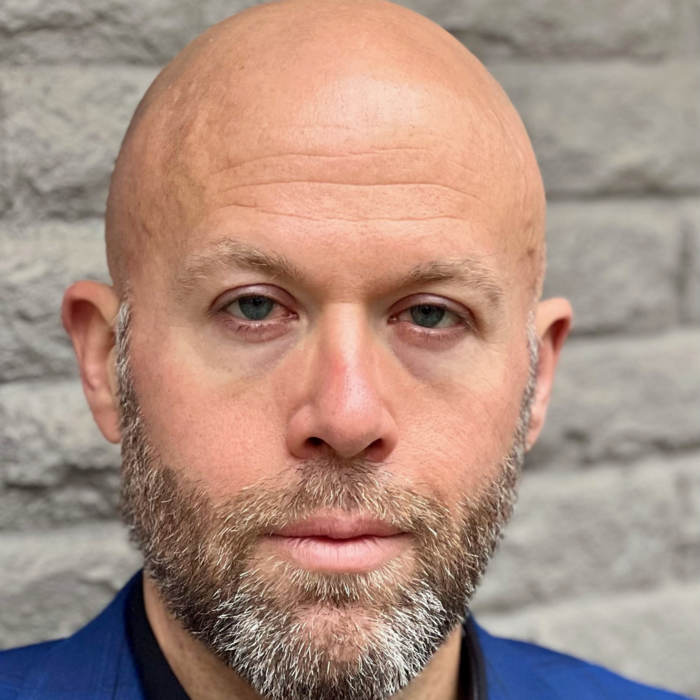Tenor Nicholas Perna’s voice has been hailed by the Houston Chronicle as “an impressive sound", and the South Florida Sun Sentinel praised his “emotionally driven performance". Perna was a recent finalist for the American Prize for men in opera, and has appeared multiple times in recent seasons with Opera Mississippi. Perna was twice selected as a Santa Fe Opera Apprentice Artist singer.
Additional stage credits include Don José in Carmen, Rodolfo in La Bohème, The Duke in Rigoletto, Nemorino in L’Elisir d’amore, Alfred in Die Fledermaus, Tamino in Die Zauberflöte, Ravenal in Show Boat, and Archie in the The Secret Garden. Symphonic soloist appearances include Mahler’s Das Lied von der Erde, Beethoven's Symphony no. 9, Handel’s Messiah, and Orff’s Carmina Burana.
In 2024, Perna began his tenure as Interim Executive Director of Opera Mississippi, expanding his artistic administrator duties which include Producer for Lyric Stage at Mississippi College (MC). At MC, Dr Perna is Associate Professor of Voice and has been a voice research associate at the University of Mississippi Medical Center. A Presser Music Foundation awardee, he has presented research on four continents at events such as The Voice Foundation’s Symposium, ICVT, NATS National Conference, and Physiology and Acoustics of Singing (PAS).
Perna is currently Vice President for Outreach for the National Association of Teachers of Singing (NATS). He is the creator and co-host of the VocalFri Podcast - more details can be found at: http://www.vocalfri.com. Perna holds graduate degrees from the University of Miami and the University of Houston.
Past Short Courses


Thursday 9th May 2024
5:00 PM - 7:00 PM
(London Time)
On the Nose: Nasality as Percept and Physical Reality

Nicholas Perna
This course will address three perspectives on nasality: distinctions between nasal airflow and audio signal (velopharyngeal opening) and perception; deciphering between the two timbral qualities commonly related to nasality - twang and honk - and which are related to velopharyngeal opening; and the pedagogic usefulness of velopharyngeal opening to reduce laryngeal instabilities near points of registration shifts.
